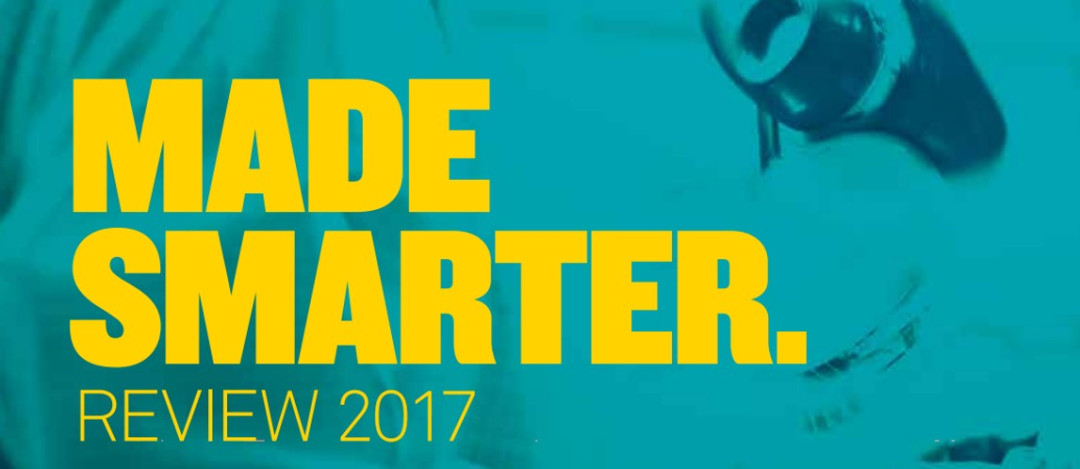Leading Change – Industrial Digitalisation

The government’s flagship industrial digitalisation programme MADE SMARTER is about to pilot in the North West. It’s great to see that under Juergen Maier’s leadership, the whole area of Industrial digitalisation is being treated as much about leadership, people and culture, as it is about technology.
The opportunities and consequences of industrial digitalisation and Manufacturing 4.0 are vast, and the underlying technologies will continue to progress at a rapid pace and the prizes are great. Leaders will need to keep up and will require support to help them navigate their way through the tsunami of change.
The implementation of change in the workplace is deeply cultural and requires great leadership skills. This soft side of technology change is often neglected and a failure to address the people and organisational issues quickly undermines progress and likelihood of success. Organisational history is littered with examples of the failed implementations of ERP systems or IT infrastructure projects. Indeed, studies consistently indicate that between 60-70% (HBR) of organisational change fails.
We know that people are at the centre of all organisational change and business growth. A recent report from the World Economic Forum sums it up well.
“In order to truly rise to the challenge of formulating a winning workforce strategy for the Fourth Industrial Revolution, businesses will need to recognize human capital investment as an asset rather than a liability. This is particularly imperative because there is a virtuous cycle between new technologies and upskilling. New technology adoption drives business growth, new job creation and augmentation of existing jobs, provided it can fully leverage the talents of a motivated and agile workforce who are equipped with futureproof skills to take advantage of new opportunities through continuous retraining and upskilling. Conversely, skills gaps—both among workers and among an organization’s senior leadership—may significantly hamper new technology adoption and therefore business growth.”
World Economic Forum (WEF) – Future of Jobs Report 2018
Industrial digitalisation will require changes to organisation processes and re-alignment of the organisation structures. This has implications for roles and responsibilities and decisions rights, that need to be enabled at the point at where the work gets done. New skills are required – the WEF estimate that in the next five years, 54% of us will need reskilling, with nearly 1/3 of us requiring more than three months of training. There are clear implications for government policy and the support required for re-skilling, as well as the potential for further flexibility in the use of the levy.
Hiring going forward will also be impacted, the demand for candidates with STEM subjects from our educational institutions will be relentless and we need to get serious about aligning our fragmented educational provision within the UK.
Leaders are going to face challenges from all directions, they will be required to set direction and priorities, often in unfamiliar territories. Many will need support and resources to build confidence, especially those working in SMEs, that do not have the functional expert support around them.
Let’s learn from the past and not forget to attend to the people issues up front. Culture is simply described as “the way we do things around here”*.
One thing is very clear, things are going to change around here and that’s a matter of leadership.
* (Ouchi, 1981)
